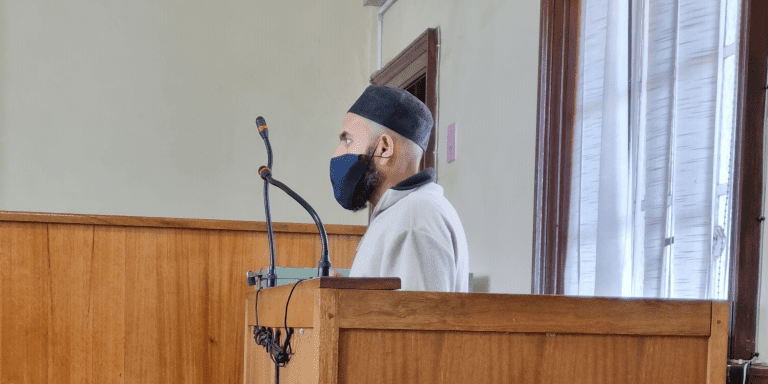Eskom’s implementation of additional load shedding unconstitutional
The civil rights organisation AfriForum and Eskom will possibly clash in court over the implementation of additional load shedding in case of municipalities with accounts in arrears.
The power giant currently not only applies load shedding across the country, but also additional load shedding in the case of certain municipalities. This leaves certain communities with only four hours’ power per day. In many incidences, consumers are faithfully paying their electricity accounts to their municipality, but these municipalities then fail to pay this over to Eskom. AfriForum instructed its legal team to approach the courts for an order to revise this decision if Eskom does not suspend this malpractice.
“Eskom cannot hide behind a contractual remedy and follow an unfair process by deciding to apply additional load shedding. Eskom took this decision – which creates extensive damages in communities – in the absence of any public participation process. Its decision is definitely unconstitutional and does not even meet the standards of the Promotion of Administrative Justice Act 3 of 2000,” says Morné Mostert, Manager for Local Government Affairs at AfriForum.
It is curious that Eskom implements this clause wherever municipalities are already in arrears. “It seems that Eskom uses the clause to pressure municipalities into paying their accounts. There is a series of other remedies that Eskom can use; yet, Eskom chooses to use the one that inflicts the most damage.”
Dr Eugene Brink, Strategic Advisor at AfriForum, says that Eskom is now creating conditions in which it is destroying electricity consumption (by invoking the maximum demand clause). However, when later in the year Eskom wants to bring a Regulatory Clearing Account (RCA) application, it will possibly not use a lack of sales to make up the risk account. “This may possibly result in a power tariff increase. Eskom cannot create a situation itself, but later expects higher tariffs from consumers. It should follow a fair process that complies with applicable legislation.”











